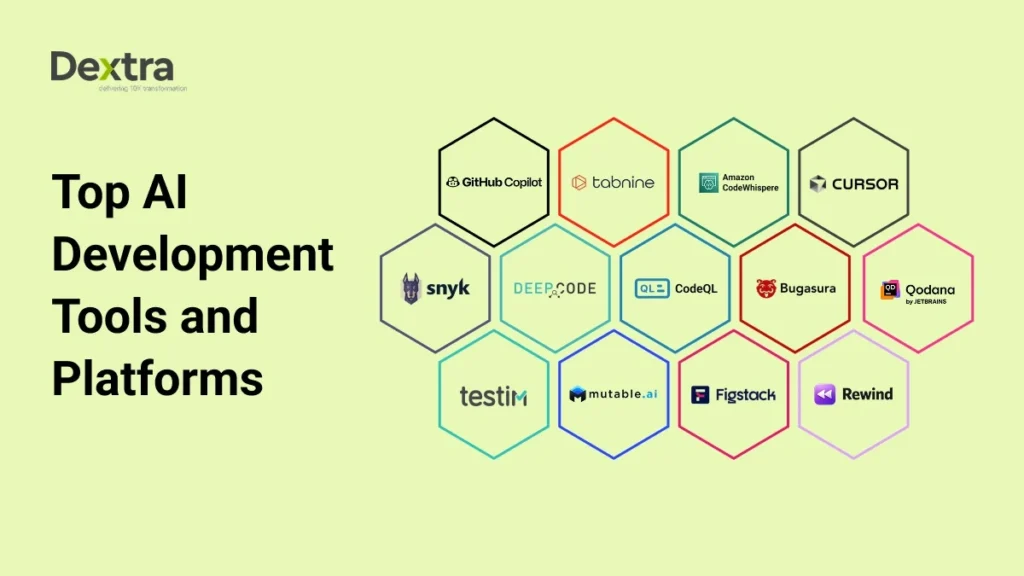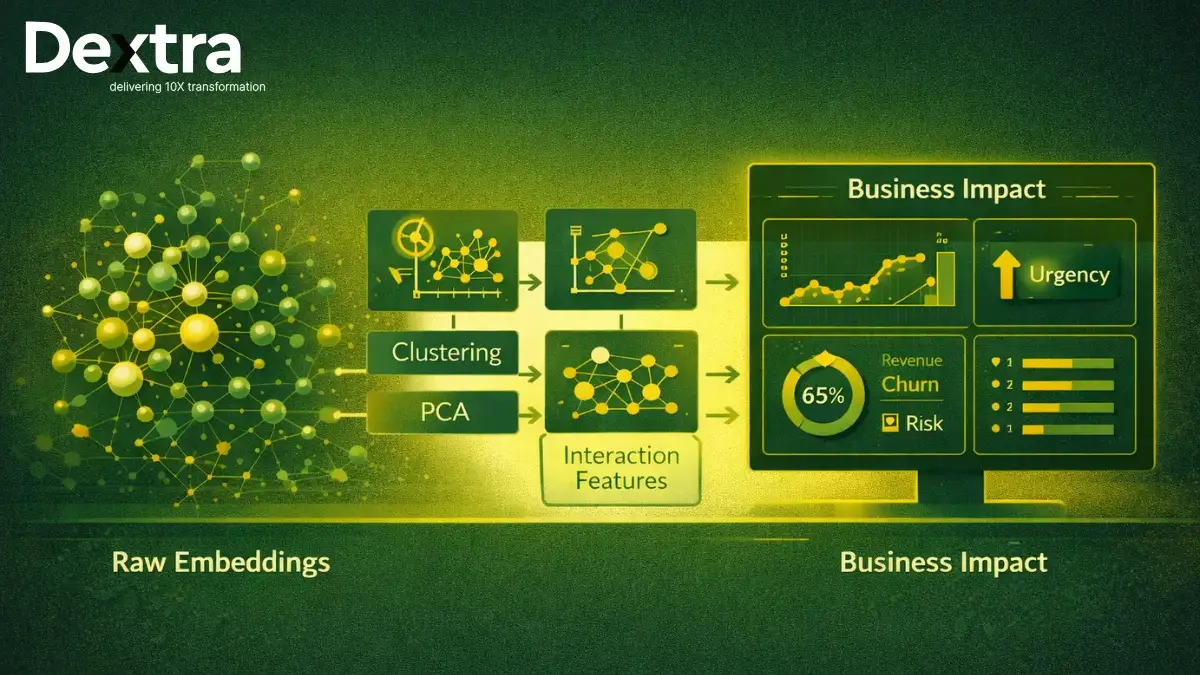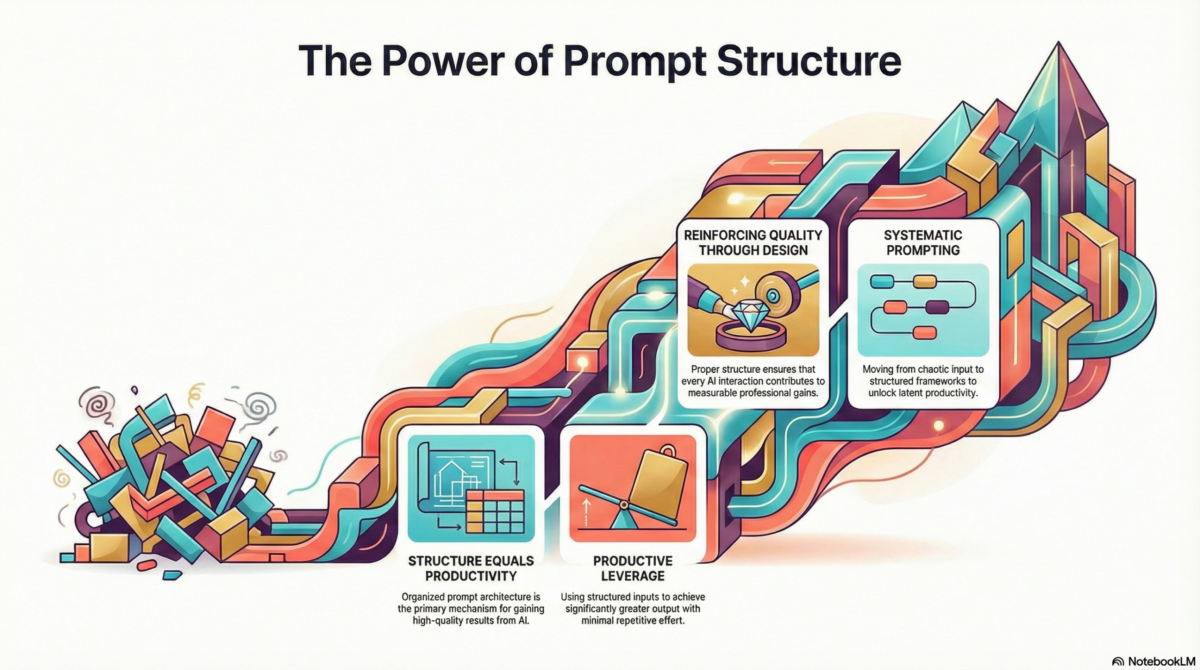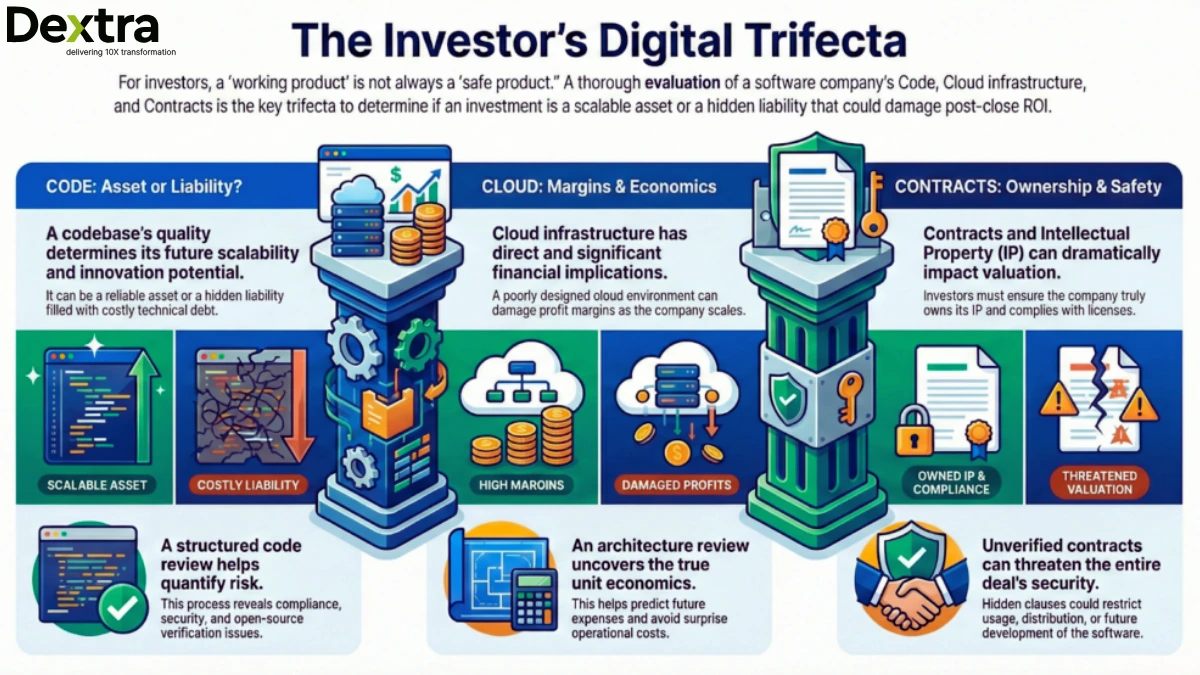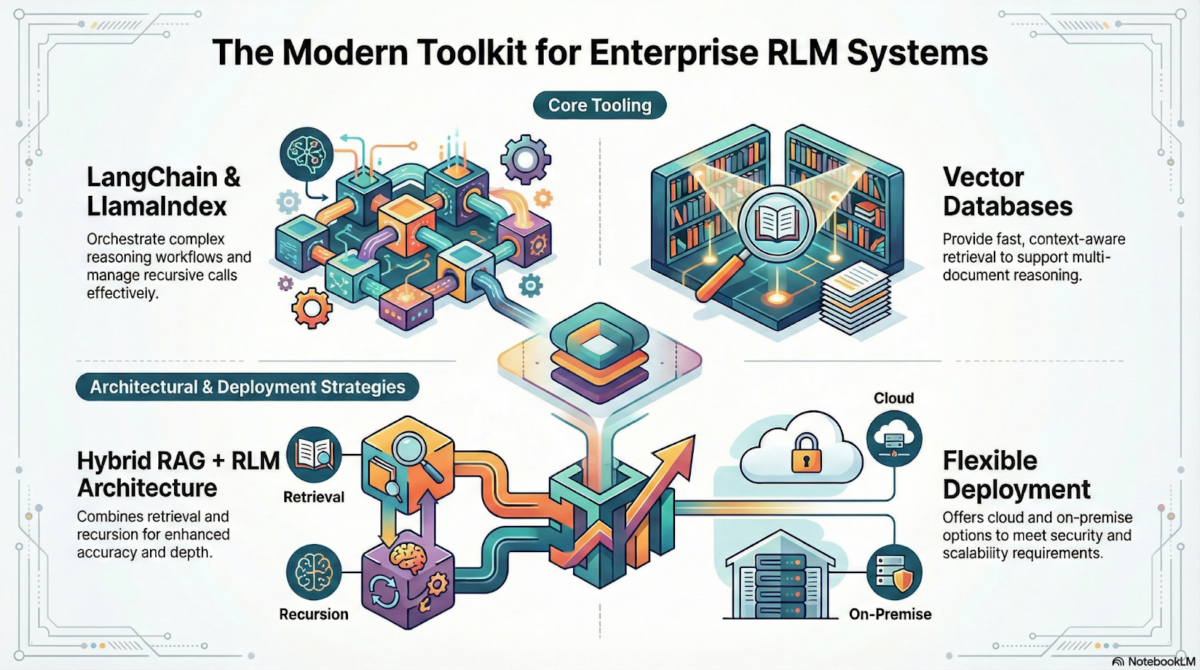AI has quietly become a trusted partner for developers, helping teams write cleaner code, catch bugs early, and stay on schedule. According to Dextra Labs recent study, 74% of development teams are already using AI-based coding tools to speed up workflows and improve code quality. As software projects grow more complex, relying on the best AI tools for developers is quickly becoming the norm rather than the exception.
In this guide, we’ve rounded up the most reliable and practical AI tools for developers in 2025. Whether you’re looking for free coding assistants, smart documentation help, or tools to boost code security. These picks are designed to save you time and keep your work sharp.
Code Smarter, Ship Faster with Dextralabs AI Solutions
From intelligent code suggestions to automated testing, Dextralabs empowers your dev team with cutting-edge AI tools tailored for maximum productivity.
Book a Free ConsultationWhy Developers Need AI Tools in 2026?
As applications grow in complexity, maintaining clean, secure, and efficient code has become increasingly difficult. AI is now critical in solving common pain points in software development:
1. Complex Software Stacks
Microservices, containerization, multi-cloud architectures and modern development environments are intricate. AI tools help manage these by offering intelligent support for configuration, deployment, and integration.
2. Faster Releases, Better Code
The pressure to deliver features rapidly and frequently has led to a surge in the use of AI coding tools. These tools assist with writing, reviewing, and testing code, ensuring quicker delivery without sacrificing quality.
3. Time-Saving Automation
AI helps automate repetitive tasks such as documentation, unit test generation, and bug tracking. This means developers spend more time building and less time debugging.
4. Comprehensive Support
AI now powers solutions in:
- Code generation
- Bug fixing
- Code reviews
- Continuous integration
- Infrastructure configuration
- Developer documentation
These benefits lead to improved productivity and reduced burnout for software teams.
Top AI Tools for Developers in 2026
As AI continues to redefine the software development landscape, a new generation of tools is empowering developers to work smarter and faster. From intelligent code editors to advanced testing solutions, here are the top AI tools every development team should explore in 2026.
AI Code Editors & Pair Programming Tools in 2026
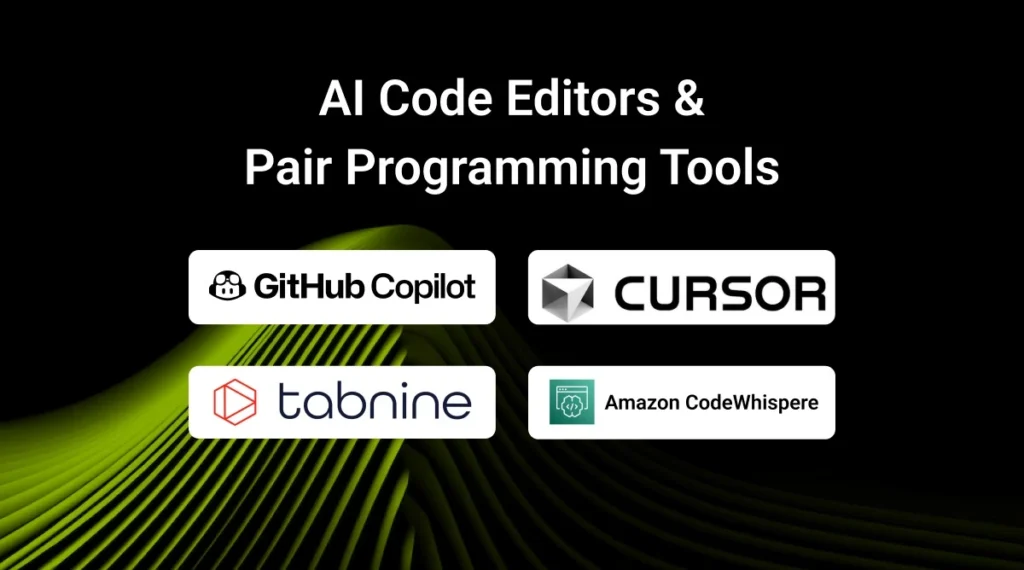
1. GitHub Copilot
An AI-powered coding assistant that autocompletes entire code functions directly in your IDE.
Features:
- Autocompletes code in real-time
- Suggests entire functions or code blocks
- Integrates with VS Code, JetBrains, Neovim
- Supports dozens of programming languages
Pros:
- Saves time on boilerplate code
- Strong contextual understanding
- Backed by OpenAI’s Codex engine
Cons:
- Occasional inaccurate suggestions
- Requires subscription after trial
- May suggest insecure code if not reviewed
2. Cursor
A chat-native AI code editor with smart debugging and real-time assistance features.
Features:
- Built-in chat-based code assistance
- AI-driven debugging and test generation
- Deep VS Code compatibility
- Local context-based suggestions
Pros:
- Clean UI and fast response time
- Great for debugging code interactively
- Offers better control over prompts
Cons:
- Still evolving; fewer integrations
- The free version has limited features
3. Tabnine
A lightweight, privacy-first autocomplete tool that suggests code based on your programming context.
Features:
- Context-aware code completion
- Works offline (on-premises option)
- Supports major IDEs and editors
Pros:
- Lightweight and privacy-friendly
- Fast and non-intrusive suggestions
Cons:
- Less powerful than Copilot
- Limited functionality in the free tier
4. Amazon CodeWhisperer
A developer-friendly AI code generator optimized for secure AWS application development.
Features:
- Code suggestions optimized for AWS
- Language support includes Python, Java, JavaScript, etc.
- Real-time security scanning for vulnerabilities
Pros:
- Great for cloud-first development
- Built-in security guardrails
Cons:
- Best suited for AWS-based projects
- Narrower scope than some competitors.
AI Tools for Code Analysis & Security in 2026
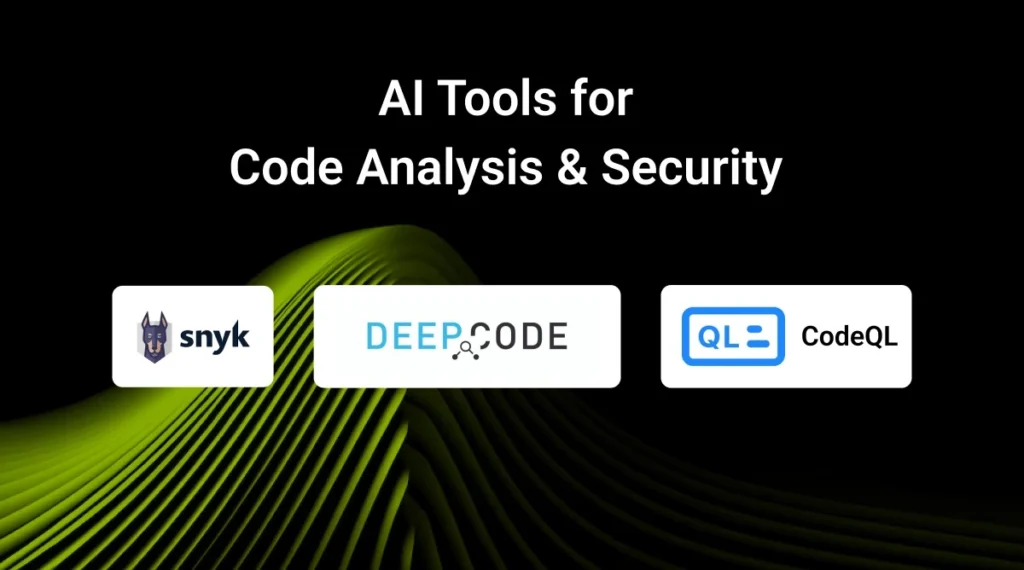
1. Snyk
An automated security tool that detects vulnerabilities in dependencies, containers, and IaC.
Features:
- Scans open-source dependencies
- Infrastructure-as-code (IaC) vulnerability detection
- CI/CD pipeline integration
Pros:
- Easy to use and integrates with GitHub/GitLab
- Real-time alerts on vulnerabilities
Cons:
- The free tier has limited scans
- The learning curve for advanced features
2. DeepCode (by Snyk)
Real-time code analysis engine that finds and suggests fixes for security risks as you type.
Features:
- AI-based semantic code analysis
- Highlights security risks as you code
- Integrates with popular IDEs and SCM tools
Pros:
- Fast and accurate feedback
- Detailed explanations of issues
Cons:
- Focused mainly on JavaScript, Java, and Python
- Requires strong Git integration
3. CodeQL
GitHub’s semantic code analysis tool that queries your codebase to detect logical vulnerabilities.
Features:
- Analyzes code using semantic queries
- Helps find vulnerabilities through custom logic
- GitHub-native integration
Pros:
- Highly customizable
- Excellent for security research and compliance
Cons:
- Requires learning a new query language
- Not beginner-friendly
AI Tools for Bug Tracking & Testing in 2026
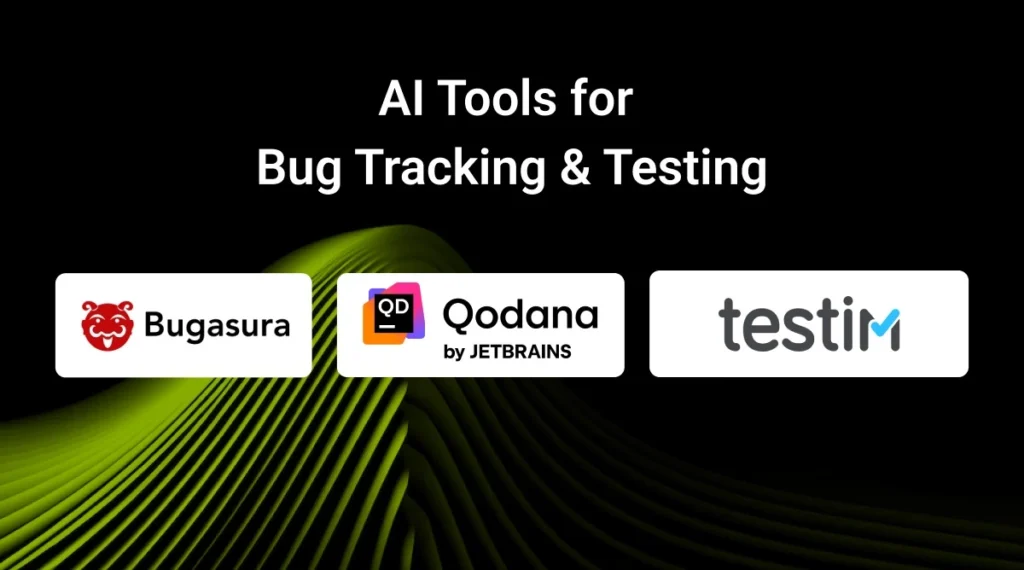
1. Bugasura
A fast, collaborative bug tracker powered by AI tagging and smart reporting.
Features:
- Smart bug capture and tracking
- Assigns and prioritizes bugs with AI
- Integrates with GitHub and project management tools
Pros:
- Speeds up bug reporting and triaging
- Useful for remote QA teams
Cons:
- Limited analytics on the free tier
- Less effective in large enterprise projects
2. Qodana by JetBrains
A CI-friendly static code analysis tool that maintains code quality across teams.
Features:
- Static code analysis for various languages
- Integrates with CI/CD pipelines
- Supports JetBrains IDEs and GitHub Actions
Pros:
- Keeps code quality consistent
- Customizable rule sets
Cons:
- More useful for teams already using JetBrains
- Resource-intensive during analysis
3. Testim.io
A no-code, AI-based testing platform that helps automate end-to-end test scenarios effortlessly.
Features:
- No-code end-to-end test automation
- Machine learning for test maintenance
- Integrates with Selenium, Jenkins, and more
Pros:
- Non-developers can create tests
- Reduces test flakiness
Cons:
- Expensive for larger test suites
- Limited support for non-web applications
AI for Code Documentation & Understanding in 2026
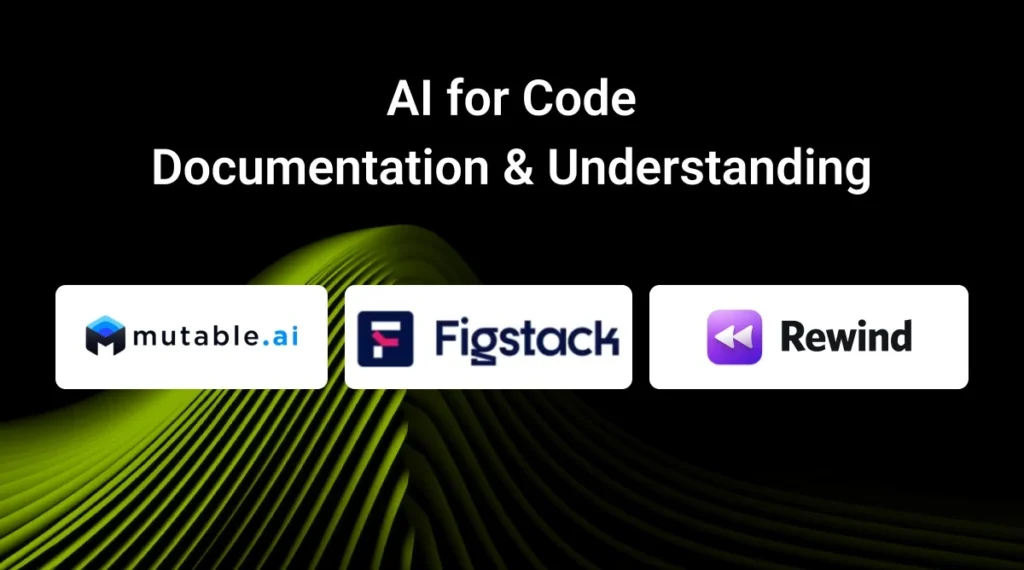
1. Mutable.ai
Automatically generates code comments, documentation, and refactors code using AI.
Features:
- Generates docstrings and comments
- Creates README-level documentation
- Refactors and cleans code automatically
Pros:
- Reduces manual documentation time
- Supports multiple languages
Cons:
- Still in beta for some languages
- Limited formatting customization
2. Figstack
Converts complex code into clear, plain English explanations for better understanding.
Features:
- Converts code into plain English
- Supports function explanation and logic breakdown
- Works across multiple languages
Pros:
- Ideal for beginners and reviewers
- Enhances onboarding and documentation
Cons:
- May oversimplify technical logic
- Accuracy depends on code structure
3. Rewind.ai
Captures and summarizes meetings, chats, and research to keep dev teams aligned.
Features:
- Records and summarizes meetings, emails, chats
- Creates searchable logs and transcripts
- Works across desktop environments
Pros:
- Great for developer team alignment
- Reduces the need for manual note-taking
Cons:
- Requires extensive system access
- Subscription-based
Specialized AI Tools for Niche Use Cases in 2026
A. CodeWP
A WordPress-focused AI tool that helps developers generate custom code snippets quickly.
Features:
- AI code generation for WordPress (PHP, JS, CSS)
- Built-in snippets and templates
- Plugin and theme support
Pros:
- Speeds up WordPress development
- Tailored for non-coders and web designers
Cons:
- Not useful outside WordPress
- Limited support for complex backend logic
B. Replit Ghostwriter
A cloud-based IDE with an AI assistant ideal for building and testing code online.
Features:
- Cloud IDE with AI-assisted coding
- Rapid prototyping in multiple languages
- Browser-based, accessible anywhere
Pros:
- Excellent for quick projects and hackathons
- Lightweight and beginner-friendly
Cons:
- Limited enterprise support
- Lacks deep integration for advanced workflows
C. V0.dev
Generates production-ready UI components from text prompts for React and Next.js apps.
Features:
- Convert text prompts into UI code
- Built for React and Next.js apps
- From the makers of Vercel
Pros:
- Great for frontend prototyping
- Reduces designer-developer gap
Cons:
- Limited to frontend/UI use cases
- Requires developer polish after generation
D. Bolt.new
A no-code builder that lets you create AI-powered web apps with simple text instructions.
Features:
- Text-to-app builder for AI-first applications
- Supports integrations like OpenAI and Pinecone
- Great for no-code/low-code use cases
Pros:
- Ideal for building MVPs fast
- Non-technical team members can contribute
Cons:
- Limited customization
- Not suited for full-scale production apps
E. Qodo
A full-stack AI assistant designed to help teams code, review, and test collaboratively.
Features:
- Full-stack AI assistant (code generation, review, testing)
- Supports multiple programming languages
- Designed for team collaboration
Pros:
- End-to-end development support
- Scalable across team sizes
Cons:
- Newer tool with evolving features
- Requires onboarding and training
Best Free AI Tools for Developers in 2026
While many tools offer enterprise plans, several top AI tools have robust free tiers suitable for solo developers or small teams.
| Tool | Free Tier Available | Limitations |
| GitHub Copilot | Yes (Trial) | Limited usage |
| Cursor | Yes | Feature-gated |
| Tabnine | Yes | Basic autocomplete |
| Snyk | Yes | Limited scans/month |
| Bugasura | Yes | Limited project access |
| Mutable.ai | Yes | Basic documentation generation |
| CodeWP | Yes | WordPress-specific |
Recommendations by Team Size:
- Solo Devs: Tabnine, Cursor, Figstack
- Startups: Replit Ghostwriter, Snyk, CodeWP
- Enterprises: GitHub Copilot, Qodana, CodeQL
How to Choose the Right AI Tools for Your Team?
Choosing the right tool goes beyond feature lists. Here’s how to assess what fits your workflow:
Evaluate Your Stack
Start by mapping out your dev stack: IDEs, CI/CD pipelines, frameworks, and cloud platforms.
Collaboration Needs
Does the tool support real-time collaboration? Can it integrate with tools like Slack, Jira, or GitHub?
Budget & Pricing
While many tools offer free tiers, some are worth the investment for the ROI they bring in productivity.
Security & Compliance
Compliance (GDPR, SOC 2, etc.) is non-negotiable for enterprise teams. Ensure the tool handles data responsibly.
Workflow Integration
Can the tool integrate with your CI/CD pipeline? Does it support plug-ins for your preferred IDE?
Final Words:
As we move further into 2026, it’s clear that AI is no longer just a support function. It’s becoming the backbone of modern software development. From code writing and inspection to app security and doc creation, AI tools are revolutionizing the way teams work. Adopting these tools isn’t merely a productivity booster; it’s about being competitive within a fast-changing tech environment. To create a real AI-first culture of development, organizations need to move beyond tool uptake and prioritize upskilling teams, incorporating AI in a strategic way into workflow, and encouraging an ongoing spirit of learning. In doing so, development teams can tap into new levels of efficiency, creativity, and innovation.
Supercharge Your Dev Workflow with AI-Powered Efficiency
Discover how Dextralabs, India’s leading AI consultancy, helps dev teams automate the repetitive and accelerate the innovative.
Book a Free ConsultationFAQs:
Q. What are the top AI tools for beginners in 2026?
For beginners, Tabnine, Figstack, and Cursor offer intuitive experiences without steep learning curves.
Q. How do Aider and GitHub Copilot compare?
While both offer code assistance, Copilot has broader IDE support and deeper language model integration.
Q. Which AI tools are best for large-scale projects?
Snyk, CodeQL, and Qodana are ideal for managing code quality and security in enterprise projects.
Q. What are the privacy features of Cursor?
Cursor emphasizes local processing and offers encrypted project handling for enhanced privacy.
Q. Which tool simplifies deep learning deployment?
Lightning AI (not listed above) offers user-friendly model deployment and scaling tools for ML teams.
Q. What is the best AI coding agent?
GitHub Copilot remains the top choice in 2026, thanks to its accuracy, integration, and community support.

